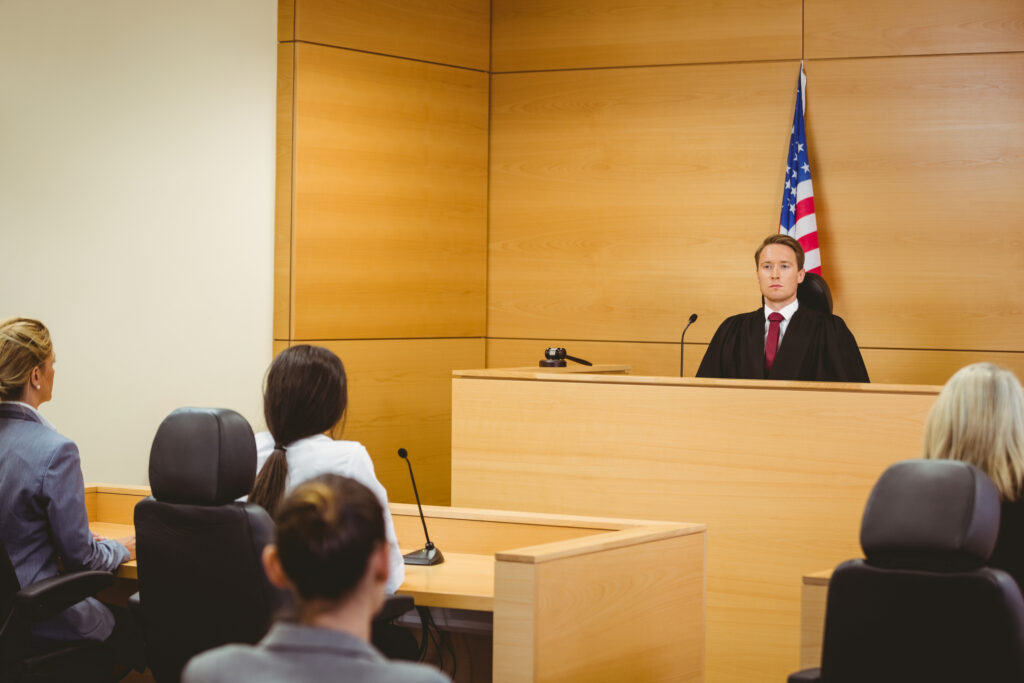Your friend is the judge in a courtroom. It’s a hearing to decide whether Jesus will be the Lord and Savior of your friend, the judge. The court is actually your friend’s heart, and he gets to decide what to do with Jesus.

Many witnesses have already testified. The first was Scripture, the Bible. Its testimony was powerful and effective. The judge understands the New Testament is the written testimonies of the twelve apostles who were with Jesus for nearly all of His earthly ministry, plus Paul whom Jesus selected post-resurrection to be an apostle with a special assignment. The judge also sees that, when viewed through the lens of the New Testament, the Old Testament also reveals the Messiah-ship of Jesus.

The second witness was the Holy Spirit. Being the very Spirit of Jesus, His testimony was perfectly accurate. But most effective about the Spirit’s testimony was that He, and He alone, was able to speak into the judge’s spiritual ears, not just his outer ones, but into the judge’s very heart; He was able to reveal the truth about Jesus in a way no other could.
Adding immensely to the power of these two witnesses was the corroboration factor. It isn’t surprising that the Holy Spirit would corroborate Scripture’s testimony, since He also inspired the humans whose hands wrote it. It seems this should be case closed. But the judge is somehow still undecided.
The problem is that some of the witnesses, Christians who believe completely in Jesus, gave testimony that conflicted with those of the Holy Spirit and Scripture. It wasn’t their oral testimony that caused confusion in the judge, but their lifestyle testimony.
Remember when Jesus told His followers to do what the Pharisees told them to do but to not follow their example? He said their hypocritical lifestyle didn’t match up with what they required others to do. He was saying their actions were a part of their teaching, just as their words were, but His students were not to accept that part of the Pharisees’ teaching.
Likewise, our lifestyle serves as a more powerful witness than our words.

The judge’s confusion has come from the lifestyle testimony of several Christians. Their testimony didn’t corroborate the Holy Spirit’s or Scripture’s.
The word corroborate comes from a Latin compound word that means, literally, to add strength to. So the question is: does our lifestyle testimony add strength to, or weaken, the testimonies of the Holy Spirit and Scripture?
The Law of Moses, as have many other legal systems, required two or three witnesses for an assertion to be established.
The two star witnesses have testified. Now our testimony is needed. Hopefully, the judge will rule in Jesus’ favor (which will actually also be the judge’s own favor).

The question is: will our lifestyle testimony add strength to (corroborate) the two star witnesses’ testimonies, or not?
The judge is calling us to the witness stand.
